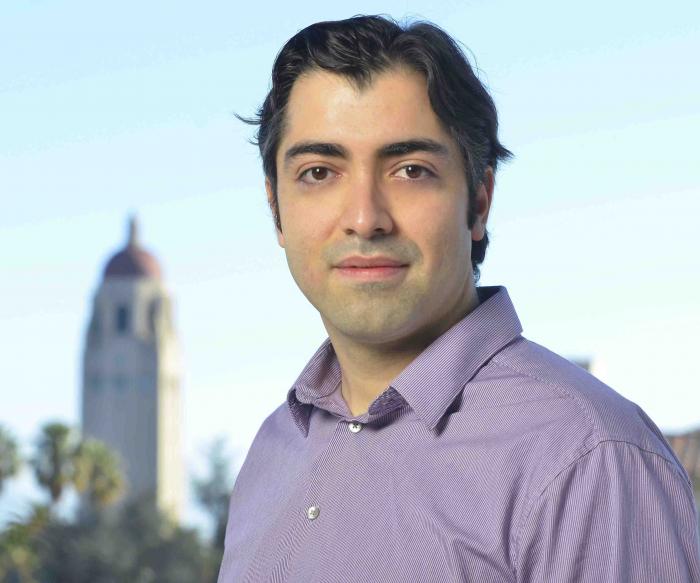Agenda
Bioelectronics Colloquium
- Monday, 16 October 2017
- 11:00-12:00
- EWI HB17.150
On the Relationship between Nyquist Rate and Healthcare: Silicon Systems to Close the Sub-Sampling Gap in Health Screening and Monitoring
Amin Arbabian, PhD (Stanford University)
Abstract
Advances in healthcare technologies have mainly focused on therapeutics, interventional procedures, and “late-stage” diagnostics. These steps have undergone significant improvements, leading to higher survival rates and enhancements in quality of life. Nevertheless, current trends are unsustainable due to the inadequate outcomes on specific critical diseases and skyrocketing national healthcare costs. An important example is cancer, where mortality rates have not seen major improvements, even with the tremendous technological advances in diagnostic imaging tools over the last four decades.
In this talk I will outline our efforts in better marrying technology and healthcare with new systems that 1) enable continuous “Nyquist” imaging and screening to enable preventive/predictive care, and 2) introduce smart implants for precision monitoring and closed-loop therapies. Preventive screening through continuous monitoring has the potential to fundamentally revamp our understanding of disease as well as targeted therapy. Today, the human body is monitored infrequently, perhaps on an annual basis and with a low “resolution”. This is in contrast with advanced electronic systems (many of which our community designs and ships), which are frequently monitored and calibrated. I will summarize a few example projects that aim to address these issues, including portable, semiconductor-based, “Tricorder” imaging systems, ultrasound-powered implantable devices that can measure, detect, and act upon local physiological changes through closed-loop neuromodulation or “electroceuticals”, and finally our new investigation of a noninvasive methods of neuromodulation based on ultrasonic excitation.
Biography
Amin Arbabian received his Ph.D. degree in EECS from UC Berkeley in 2011 and in 2012 joined Stanford University, as an Assistant Professor of Electrical Engineering. His research interests are in mm-wave and high-frequency circuits and systems, imaging technologies, and ultra-low power sensors and implantable devices. Prof. Arbabian currently serves on the steering committee of RFIC, the technical program committees of RFIC and ESSCIRC, and as associate editor of the IEEE Solid-State Circuits Letters (SSC-L) and the IEEE Journal of Electromagnetics, RF and Microwaves in Medicine and Biology (J-ERM). He is the recipient or co-recipient of the 2016 Stanford University Tau Beta Pi Award for Excellence in Undergraduate Teaching, 2015 NSF CAREER award, 2014 DARPA Young Faculty Award (YFA) including the Director’s Fellowship in 2016, 2013 Hellman faculty scholarship, and best paper awards from several conferences including ISSCC (2010), VLSI Circuits (2014), RFIC symposium (2008 and 2011), ICUWB (2013), PIERS (2015), and the MTT-S BioWireless symposium (2016).